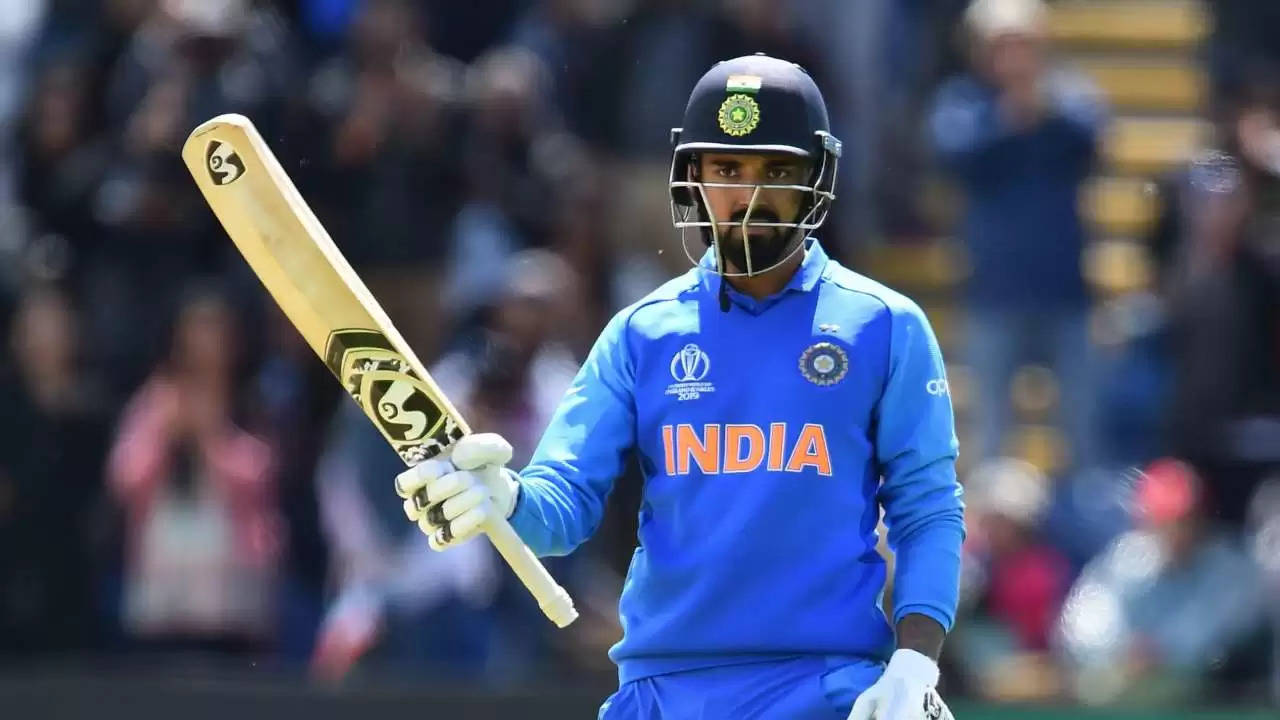KL Rahul – In a league of his own in T20Is

56 in 27 deliveries, 57 not out in 50, 27 in 19, 39 in 26 and 45 in 33 – these are the scores racked up by KL Rahul in the recently concluded five-match T20I series against New Zealand. The Indian opener was the highest scorer of the series with an aggregate of 224 runs in 5 innings at a strike rate of 144.51.
Three things immediately stand out – the volume of runs scored by Rahul, the consistency in scoring and the rate at which he strikes.
ALSO READ: Numbers from India’s series win
These characteristics get further highlighted in his overall T20I career too where Rahul has scored 1461 runs in 38 innings including 2 hundreds and 11 fifties. His average of 45.65 is the third-highest in T20I history after Virat Kohli and Babar Azam amongst the 78 batsmen who have scored a minimum of 800 runs in the format.

However, if we consider Actual Averages (Runs per Innings), it is Rahul, who with 38.45 runs per innings, is just marginally second after Azam (38.71). Kohli follows with 36.76 runs per innings.
Rahul’s strike rate of 146.1 is the fifth-highest amongst all batsmen who have an aggregate of at least 800 and a minimum average of 30 in T20I cricket. Only Glenn Maxwell, Finch, Colin Munro and Evin Lewis strike at a higher rate.
If we take the Product of Average and Strike Rate, then it is Rahul who emerges at number 2 only after Kohli.
Rahul has scored 20-plus in 26 of the 38 innings in his career and his Failure Rate (percentage of dismissals below 20) is just 31.58%. Comparing him to other great openers in the format, just for perspective, the corresponding Failure Rate for Rohit Sharma is 49%, Martin Guptill – 42.35%, David Warner – 42.11% and Aaron Finch – 44.83%.
This also means that in more than two-thirds of his career innings, Rahul has given India a start and laid the foundations for a big score. He also has an excellent conversion rate and has 17 40-plus scores in 38 innings, ie Rahul has scored 40 or more 44.74% of the times he has walked out to bat. The corresponding percentage for Kohli is 40.79%, Rohit – 27%, Warner – 27.63%, Finch – 34.48%, Guptill – 34.12%, Azam – 50%.
Rahul’s ability to score at a rapid rate from the start also takes the pressure off Rohit who likes to consume a few deliveries before launching into the attack. This was evident in the New Zealand series where Rahul scored 127 runs off just 75 deliveries in the powerplay at a strike rate of 169.33 giving India the impetus every time he opened in the series.
CricAlgorithmics predicted that India’s chance of victory went up to 81%, 62% and 62% at the end of the powerplay in the last three matches of the series – Rahul was the constant at the top of the order in all these matches.
Rahul has been a great match-winner in the format. India has won 11 of the 13 matches in which Rahul has registered a 50-plus score (84.61%). Just for perspective, the corresponding percentage for Kohli is 75% (India has won 18 of the 24 matches in which he has scored 50-plus).
More than three-fourth (77.69%) of the total runs he has scored in T20I cricket have been in victorious matches. Again, the corresponding percentage for Kohli is 69.72% and Rohit is 77.61%.
One of Rahul’s greatest strengths is his ability to strike the ball cleanly – thus it is not surprising to see that he has hit 1.61 sixes per innings in T20I cricket which is the fourth-highest frequency amongst all batsmen with at least 800 runs in the format – only Evin Lewis (2.35 sixes per innings), Chris Gayle (1.94) and Colin Munro (1.73) have a better frequency.
India has won 10 of the 14 T20I series (two or more matches) it has played since the 1st of January, 2018. Their matches win-loss ratio of 2.545 (played 43, won 28, lost 11) is the best amongst all major teams in the world during this period.
KL Rahul has played a significant part in India’s success in this time-frame.
With two successive World T20 Championships in 2020 and 2021, Rahul may scale even greater heights in the foreseeable future.

